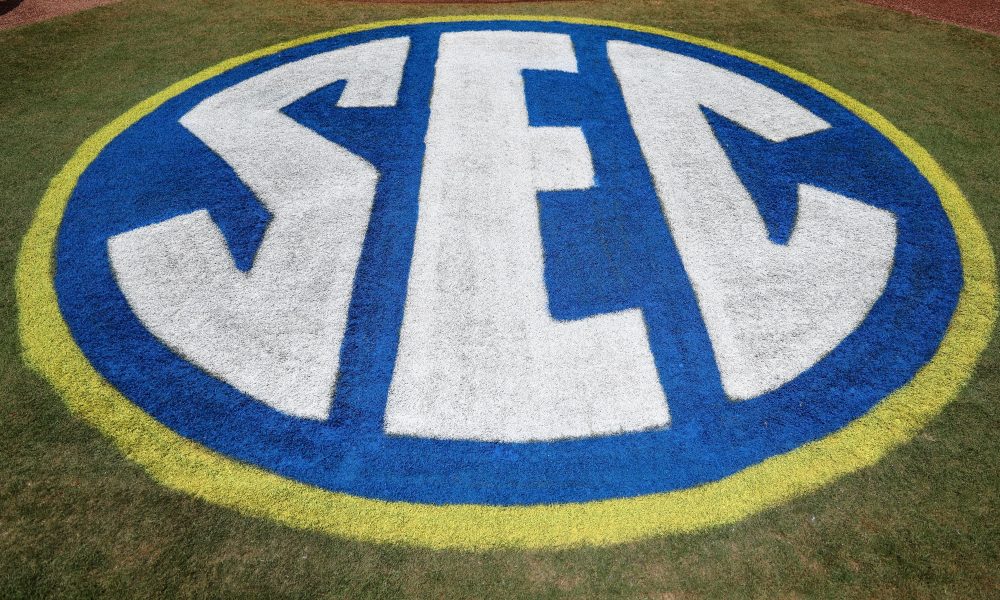NIL
SEC Commissioner Says Schools Want ‘Oversight’ and ‘Structure’ amid NIL Agreement
Amid growing frustrations over NIL in college sports, SEC Commissioner Greg Sankey kept it simple: schools are asking for basic “oversight” and “structure” when it comes to NIL agreements. “If you want an unregulated, open system, just raise your hand and let me know,” Sankey told reporters on Monday. “And universally, the answer is, ‘No, […]

Amid growing frustrations over NIL in college sports, SEC Commissioner Greg Sankey kept it simple: schools are asking for basic “oversight” and “structure” when it comes to NIL agreements.
“If you want an unregulated, open system, just raise your hand and let me know,” Sankey told reporters on Monday. “And universally, the answer is, ‘No, we want oversight. We want guardrails. We want structure.’ Those individuals don’t have the luxury to just say that in meeting rooms, period. They don’t have the luxury to just be anonymous sources. They have a responsibility to make what they’ve sought — what they’ve asked for — to make it work.”
This comes on the heels of the multibillion-dollar House v. NCAA settlement, approved Friday, which allows schools to directly compensate athletes. Now, some of the nation’s top conferences are “bullish,” per ESPN’s Heather Dinich on their ability to enforce NIL rules under the new structure.
Following the settlement, former MLB executive Bryan Seeley was named CEO of the newly formed College Sports Commissions.
With specific rules and enforcement mechanisms still to be determined, ACC Commissioner Jim Phillips said it will be up to Seeley to establish and oversee the boundaries moving forward.
“We’re in the process of developing some of those rules and structure and overall implementation of that,” Phillips told reporters. “Now that we have Bryan on board, I think we’ll be able to move a little bit quicker. But we want to get this right. It’s one of those areas that until you have somebody leading the College Sports Commission, it’s difficult to get together with that individual and start some of that framework that will be in place.”
Big 12 Commissioner Brett Yormark emphasized the importance of patience with the newly formed College Sports Commissions, calling it a case of “progression over perfection” as the organization begins shaping the future of college athletics.
“Our schools want rules, and we’re providing rules, and we will be governed by those rules. And if you break those rules, the ramifications will be punitive,” Yormark said.
Despite looming questions and plenty of work ahead, ACC Commissioner Jim Phillips said the settlement has made college athletics a “much better place” than it was just 48 hours ago.
“What’s not debatable is that this new model does bring stability and fairness to student-athletes in college sports,” Phillips continued, “and we’ve been in an unregulated environment with no rules and no enforcement. It has paralyzed the NCAA in Indianapolis, and we’re responsible for certainly some of that. We’re now going to have a foundation and structure laying out those rules. The new structure provides our student-athletes with more opportunities and benefits than ever before.”